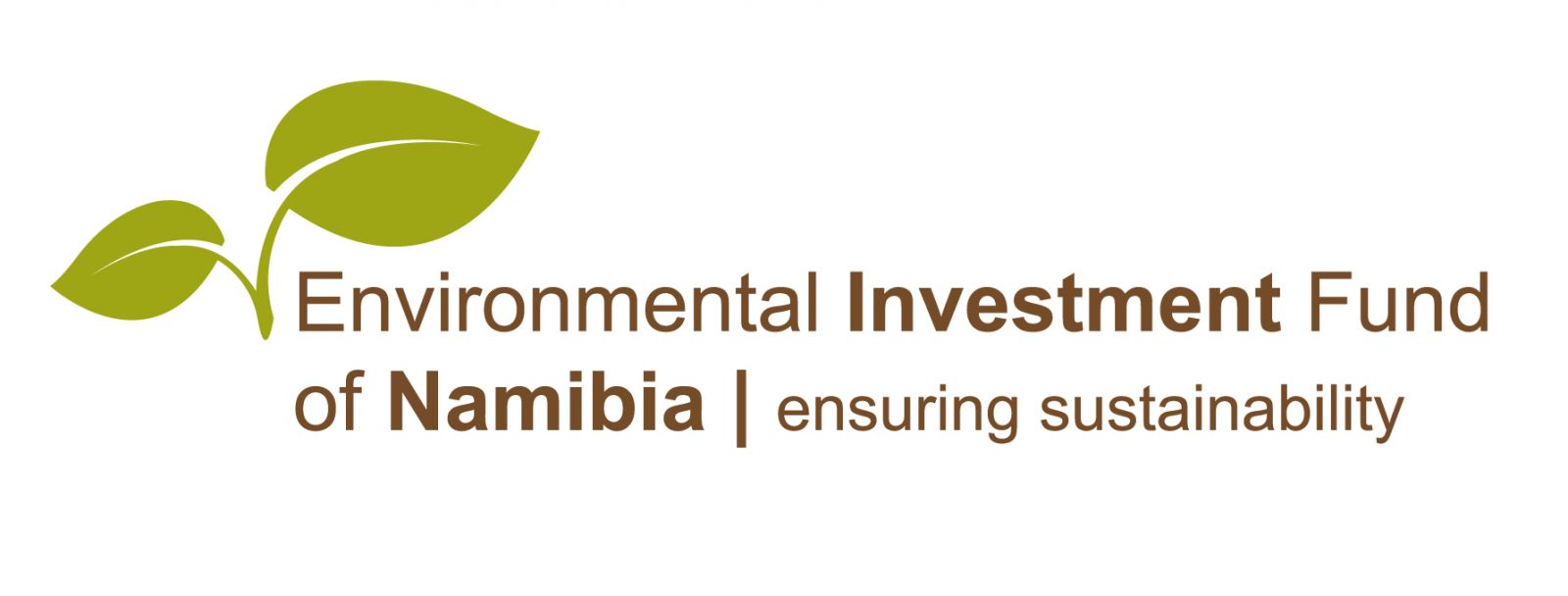
Director of Ceremonies,
Governor of the Zambezi region; Honorable Lawrence Sampofu
Honorable Councilor of Katima Mulilo Rural Constituency: Honorable Matengu Simushi
Chief Executive Officer of the Environmental Investment Fund of Namibia, Mr. Benedict Libanda
Distinguished guests;
Members of the media;
Ladies and Gentlemen.
I am pleased to join you on this event of the official handover of yet again one successful climate change project entitled “Integrated Climate Change Adaptation within the Agro-ecological Landscape of the Sikanjabuka Community Forest”.
The abundant rainfall and fertile land in the Zambezi Region with its enormous agricultural potential, far surpasses any other regions in the country. Moreover, its wildlife, rivers, floodplains and forests undoubtedly position the region to contributing significantly to the national economy. It is of these reasons that livelihoods entirely depends on forestry related activities and the use of biodiversity products to support their daily subsistence. All these natural resource-based livelihoods are vulnerable to climate change to some extent.
Smallholder farmers have already observed the ongoing natural variability and that there are changes in rainfall patterns, since the last few years have been marked by extreme weather conditions. Apart from temperature changes, rainfall changes have been noticed in the Zambezi region as an increased length of the dry season, a decrease in the number of consecutive wet days, and yet, flooding situation in one season, presenting a special case and phenomena of this region.
The observed changes in temperature extremes, the length of the dry season and rainfall intensity not only underscore that the climate in Namibia is tending to become drier, but also that climate variability remains a significant phenomenon of long-term climate trends.
Ladies and Gentleman
Nearly 70% of Namibia’s population is directly dependent on subsistence agriculture and livestock farming, climate change presents a serious challenge to our community livelihoods. As you are aware, natural resources are the backbone of the Namibian economy and we should safeguard its existence. I am happy to see that, the community of Sikanjabuka is sustainably taking care of the forest and its entire ecosystem, well done!
However, much more will have to be done to realize the full potential of our natural resources. For our economy to flourish, we need to prioritise rural development through investment in our natural resources, value addition, and protection of our wildlife as community benefit through sustainable trophy hunting’s, tourism development and other related livelihoods.
Ladies and Gentleman
The Ministry of Environment, Forestry and Tourism as the National Designated Authority to the Green Climate Fund and the focal point on climate change is fully committed towards addressing climate change, however insufficient capacity of our farmers to adopt and build resilience remains a key challenge.
Yet, our high learning institutions have significantly trained a number of agricultural scientists, and environmentalists whom I humbly request to use this knowledge and transform their communities across all the 14 regions of this country. Farming and natural resources management should be treated as businesses to generate income and support the livelihoods of our society.
Ladies and Gentlemen!!
The “Integrated Climate Change Adaptation within the Agro-ecological Landscape of the Sikanjabuka Community Forest project” is funded by the Environmental Investment Fund and being implemented by the Sikanjabuka Community Forest in Zambezi region. The project aimed at increasing the adaptive capacity and improving livelihood of the community distressed by the negative impacts of climate change. The project focused on: (i) Enhancing crop production and productivity for food security and forest harvesting substitution through adoption of climate resilient smart farming technologies to support local livelihoods. (ii) Encouraging and establishing enterprise development opportunities for communities especially for the youth and vulnerable households in organic agriculture to create meaningful job opportunities. To date, a functional greenhouse system has been successfully established with a 10 000-liter water tank installed on site. In addition, the project has procured one tractor and its implement for sustainable rangeland management and procured Bee hives for honey production. The project recorded its bumper harvest early this year and generated an income of N$12 000 which has been invested back into the upkeep of the project.
In conclusion, I would like to thank every one of you here for taking time off your busy schedules to come and be with us during this important occasion. I hope that we all leave here knowing that we are all part of the “Sustainable Natural Resource Management Systems” and that we all have a role to play in making this system a success. To the Sikanjabuka community, we commend you for being patriotic in safeguarding our natural resources and contributing towards sustainable food security in our country. It is in our best interest to foster conservation of our natural resources through community based natural resource management system as established by the Ministry of Environment Forestry and Tourism.
I would like to take this opportunity to thank the Traditional Authority for their continuous support in ensuring that, the Government of the Republic of Namibia deliver services to its people. I wish you the best as you continue with the implementation of this project.
Thank you.

